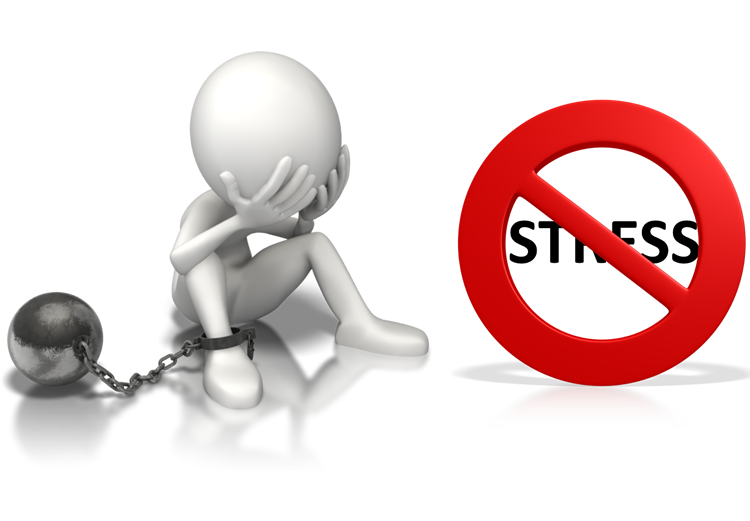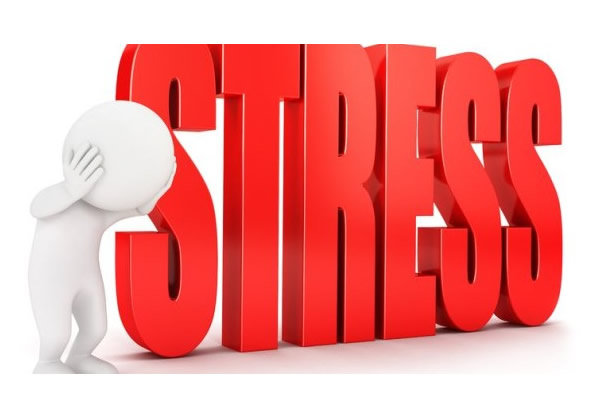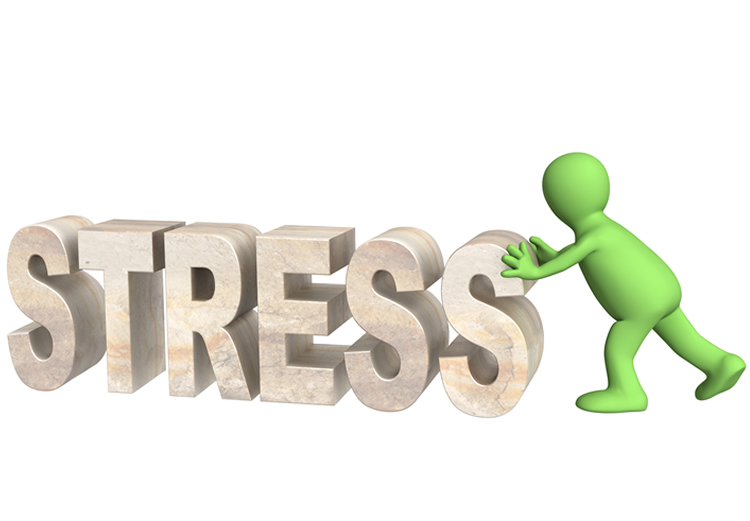Your stress level is a major player in your overall health, impacting your risk of chronic health conditions like heart disease, depression and obesity.
But unlike other more obvious risk factors, like over-indulging in junk food or not exercising, stress is more insidious, subtly sneaking up on you over time, increasing your risk of health problems even as you don’t noticeably feel sick or realize that your late-night work habits and financial worries are slowly zapping away your vitality.
That said, you may very well feel stressed, and if you do, this is a warning sign that should not be ignored.
People Who Believe Their Health Is Affected by Stress Are Twice as Likely to Have a Heart Attack
In a recent study of stressed individuals, those who said that their health was “extremely” affected by stress had more than twice the risk of having or dying from a heart attack, compared to those who believed stress had no impact on their health.
This could mean that these individuals were highly in tune with their bodies, and correctly perceived that stress was wearing them down. On the other hand, it could also be an example of the mind-body connection, in that if you believe stress is harming your health, it increases the likelihood that it will.
Either way, this is a significant increase in heart attack risk, so if you currently feel stressed to the point that you believe it is affecting your health, it’s time to take stress relief very seriously.
Severe Stress Can Raise Your Heart Attack Risk by 21 Times
Losing a significant person in your life raises your risk of having a heart attack the next day by 21 times, and in the following week by 6 times. The risk of heart attacks begins to decline after about a month, perhaps as levels of stress hormones begin to level out.
The study did not get into the causes of the abrupt increase in risk of cardiovascular events like a heart attack, but it’s likely related to the flood of stress hormones your body is exposed to following extreme stress.
For instance, adrenaline increases your blood pressure and your heart rate, and it’s been suggested it may lead to narrowing of the arteries that supply blood to your heart, or even bind directly to heart cells allowing large amounts of calcium to enter and render the cells temporarily unable to function properly.
Interestingly, while your risk of heart attack increases following severe stress, so does your risk of what’s known as stress cardiomyopathy — or “broken heart syndrome” — which is basically a “temporary” heart attack that occurs due to stress.
This stress and the subsequent release of stress hormones are thought to “stun” or “shock” the heart, leading to sudden heart muscle weakness. This condition can be life-threatening and requires immediate medical attention, however it is often a temporary condition that leaves no permanent damage.
When your body is under the stress response, whether acute or chronic, your cortisol and insulin levels rise. These two hormones tend to track each other, so when your cortisol is consistently elevated under a chronic low-level stress response, you may experience difficulty losing weight or building muscle. Additionally, if your cortisol is chronically elevated, you’ll tend to gain weight around your midsection, which is a major contributing factor to developing diabetes, heart disease and metabolic syndrome.












